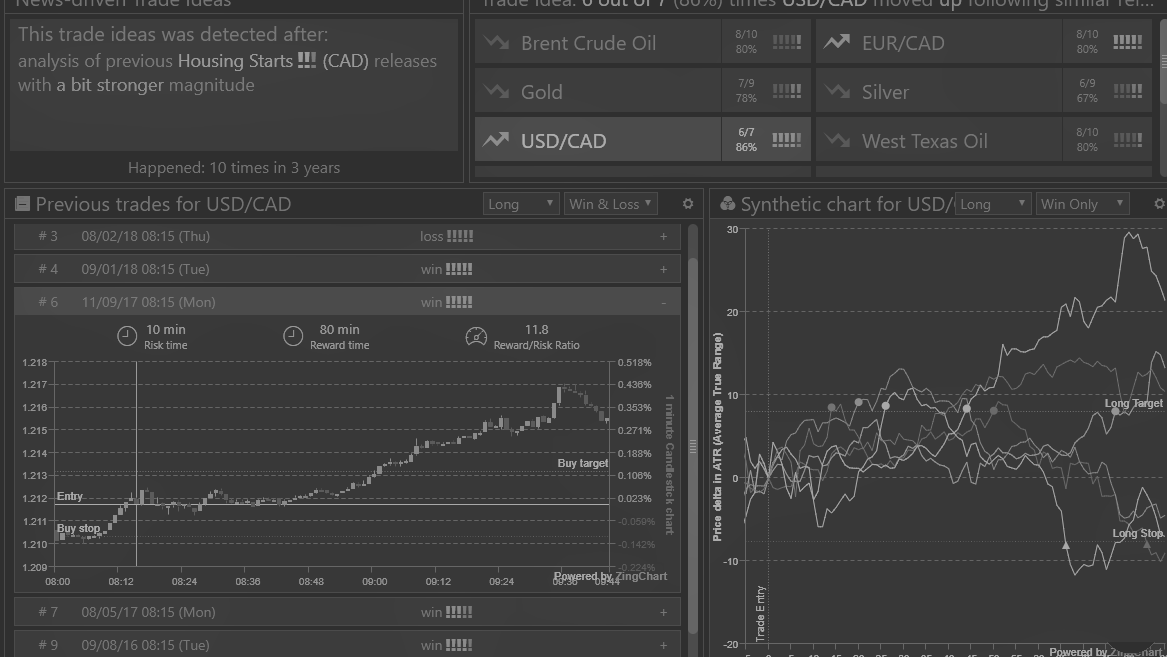To accurately identify the most important trait of profitable traders, it is vital to first identify what actually constitutes a profitable trader. At first glance, this may seem simple- any trader who generates a positive return is profitable, right? Wrong.
Although this is true in a technical sense, what really defines a profitable trader is what makes them profitable, not just the percentage gain in their brokerage account. Specifically, are their profits due to luck or skill? After all, it is entirely possible to have no understanding of trading and make a 30% return in one week through sheer luck. Of course, that doesn’t mean anything if the trader loses it all the next week. A truly profitable trader is one that achieves positive returns consistently by applying a well-devised strategy.
It’s a lot like poker; would you rather listen to a world champion poker player who happens to be on a losing streak or a brand new player who doubled his money with perfect hands all night? Upon establishing the criteria for a profitable trader, it becomes easier to sift out the noise, including advertisers who “turned x dollars into 100x dollars in only 2 years”. Conversely, well-established traders who have succeeded over long periods of time with analytical processes can offer valuable insights into what created their success. Let’s look at some quotes from successful traders and try to find a common thread.
Quotes from Successful Traders
Don’t be a hero. Don’t have an ego. Always question yourself and your ability. Don’t ever feel that you are very good. The second you do, you are dead.
Paul Tudor Jones
I’m only rich because I know when I’m wrong…I basically have survived by recognizing my mistakes.
George Soros
Our goal is not to outperform all the time – that’s not possible. We want to outperform over time.
John Paulson
The Common Thread
After carefully reading these quotes, one common sentiment can be uncovered: indifference to emotion and ego. That is, great traders do not expect themselves to constantly beat the market, nor do they give into their egos when they do beat the market.
They simply persist in analyzing the available data and drawing unbiased conclusions from that data. As their processes become more refined and as they become more detached become from their emotions, they become more successful. Unfortunately, most traders follow precisely the opposite pattern. They become increasingly emotional and ego-driven as they progress and eventually lose everything.
To be great consistently, traders must be able to turn off their emotions and focus on the data. Those who do have unlimited potential and those who don’t are destined to fail.

















